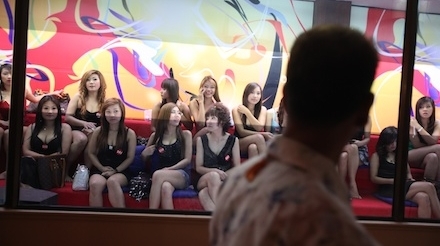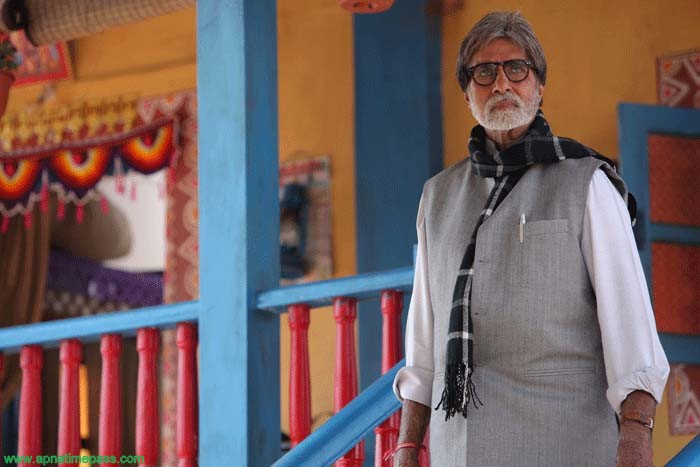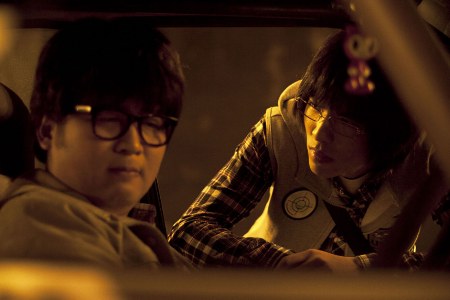Tuesday, November 1st, 2011
The Golden Rock at the 2011 Hong Kong Asian Film Festival - Day 11
Three films from two days to cover. Not writing about RA.ONE (Which I dropped THE SWORD IDENTITY for) because it’s not part of the festival.
Seediq Bale I (2011, Taiwan, Dir: Wei Te-Sheng)
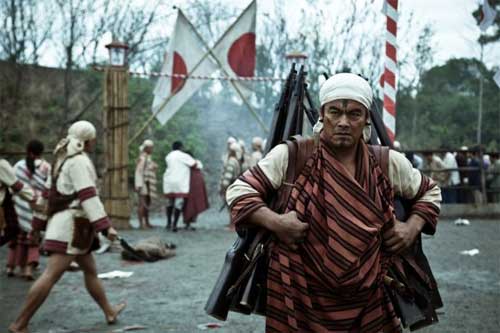
I’m counting the two SEEDIQ BALE films as two films because 1) They both run way over minimum feature film length, and 2) I’m watching them on different days. CAPE NO.7 director Wei Te-Sheng tells the epic story of the Seediq aboriginal tribe’s bloody fight with their Japanese colonial master, and the result is just about the most ambitious Taiwanese film yet. In fact, it’s so ambitious that Wei casts his net a little too wide in the first installment, spending 40 minutes to set up his main character, the inter-tribal rivalry, and the arrival of the Japanese before jumping 30 years to when most of the story takes place.
With characters from different tribes AND the evil Japanese soldiers, it’s easy to get lost in the first hour trying to figure out who’s who. However, once Wei sets up the beginning of the Wushe Incident, SEEDIQ is a compelling war drama that’s more than just a nationalistic war film about how evil the Japanese army was. Instead, it’s a film that sympathizes with all cultures that have been invaded by imperialism, and there actually are real discussion about whether it’s better to sacrifice lives to fight back, or simply live on to preserve the culture.
However, Wei also doesn’t seem to be excusing the brutal murders the Seediq commit in the name of the freedom. The climax of the first part involves not just the deaths of Japanese characters that we don’t like, but also the brutal murders of innocent women and children. If anything, Wei approaches the incident as something sad, but inevitable, like a good anti-war film.
Even though there’s some battles in part one, this installment is better at laying out the human elements before unleashing the death and destruction in part two, which I’ll be seeing in two weeks.
The Raid (2011, Indonesia, Dir: Gareth Evans)
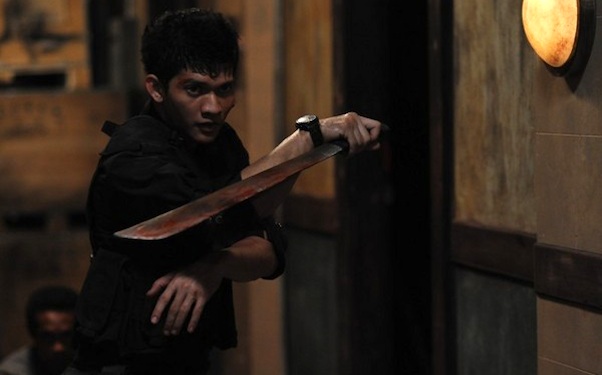
This mean little Indonesian action spectacular offers plenty of stabbings, slicings, shootings, and even more kicking, which means people looking for this sort of thing will come out happy like a schoolboy in a candy store. It doesn’t reinvent the genre (Johnnie To’s BREAKING NEWS has a similar concept, but with more humor, social commentary, and restraint), but rather more of an exhilarating exercise in it. There’s no doubt that plenty of thought went into designing the numerous action sequences, which had audiences in Hong Kong laughing in amazement over its sheer over-the-top ridiculousness, and that’s pretty much all you’ll get with THE RAID.
Of course, those who aren’t into the genre will find it mean and sometimes downright vicious. It is a very cruel, sadistic film that finds joy in violence and death, and it barely spares any time for humor with its repetitive, video game-like structure (hallway, fight, fight, death, hey where did all the people go?). Of course, the counter-argument is that one should just enjoy it as a work of pure action fantasy. As long as one can stomach the violence, a fine fantasy it is.
Tomorrow: A fantasy about divorce, and a Nikkatsu classic


